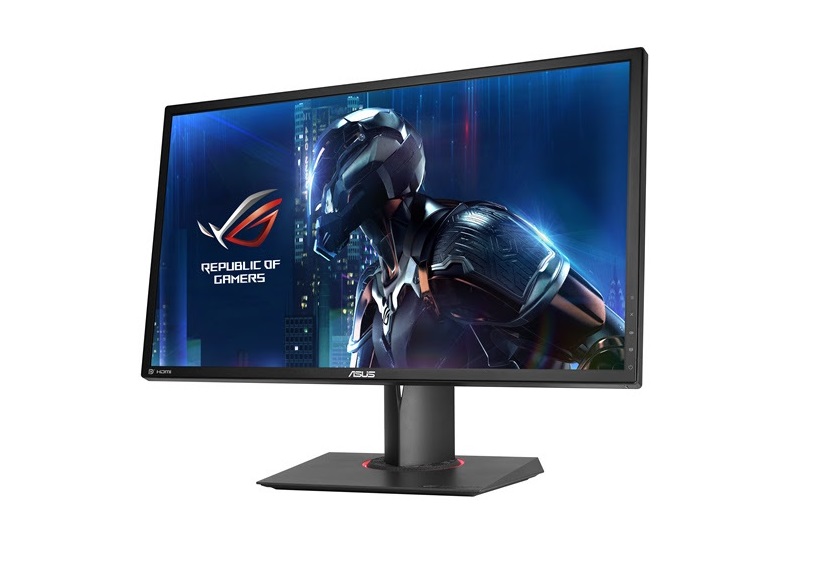Navin Shenoy, executive vice president and general manager of Intel’s Data Center Group, has written an editorial in which he explains how Intel is working hard to help remove the bottlenecks that currently affect what he calls “computation-intensive workloads”. The company is doing this with the development of the Compute Express Link standard (shortened to CXL).
CXL is an interconnect technology meant to help dedicated hardware to process big workloads, faster. This is particularly important as it will help many data-centric organisations make better sense of the huge volumes of data handled by their datacentres.
A group effort
To do this, Intel has donated the work they’ve already done on CXL to a new consortium made up of Intel and other big tech industry players: Alibaba, Cisco, Dell EMC, Facebook, Google, Hewlett Packard Enterprise, Huawei, and Microsoft.
That initial work is to be the foundation on which the new specification will be based. Think of CXL as being in the same vein as the USB and PCI Express standards – technologies that are in every computer produced these days.
Some day, CXL could be in every datacentre, powering data-driven insights and helping the hardware to process massive data-heavy workloads with ease.
Why it’s important
Anyone working in the datacentre space knows just how data is “exploding”. Dell EMC has stated how it’s currently doubling every two years, and that by 2020 the world will be creating and copying 44 trillion gigabytes every year.
That’s a lot of data that needs to be sorted in order for organisations to derive meaningful insights from it, and that’s what CXL aims to help with.
Intel sees a future in which “…purpose-built accelerators work side-by-side with general-purpose CPUs…”.
Shenoy writes that CXL “…creates a high-speed, low latency interconnect between the CPU and workload accelerators, such as GPUs, FPGAs and networking. CXL maintains memory coherency between the devices, allowing resource sharing for higher performance, reduced software stack complexity and lower overall system cost.”
No strangers to innovation
Intel’s engineers are not new to developing industry-innovating standards, having contributed to many in the past that include the USB and PCI Express standards. Shenoy believes Compute Express Link will be as important as those, if not more so.
He writes, “As pioneers to some of the most successful protocols in computing, Intel constantly evaluates how new advancements such as CXL can benefit the entire tech ecosystem. Our experience in driving robust open ecosystems has proved to create unprecedented industry-wide innovation, resulting in broad commercial success and end-customer benefits.”
The first generation of the full specification is expected to be available to members of the Compute Express Link consortium in the first half of 2019.
Products incorporating it should arrive on Intel’s 2021 datacentre platforms that use Intel’s Xeon processors, FPGAs, GPUs and SmartNICs.
[Source: Intel]






